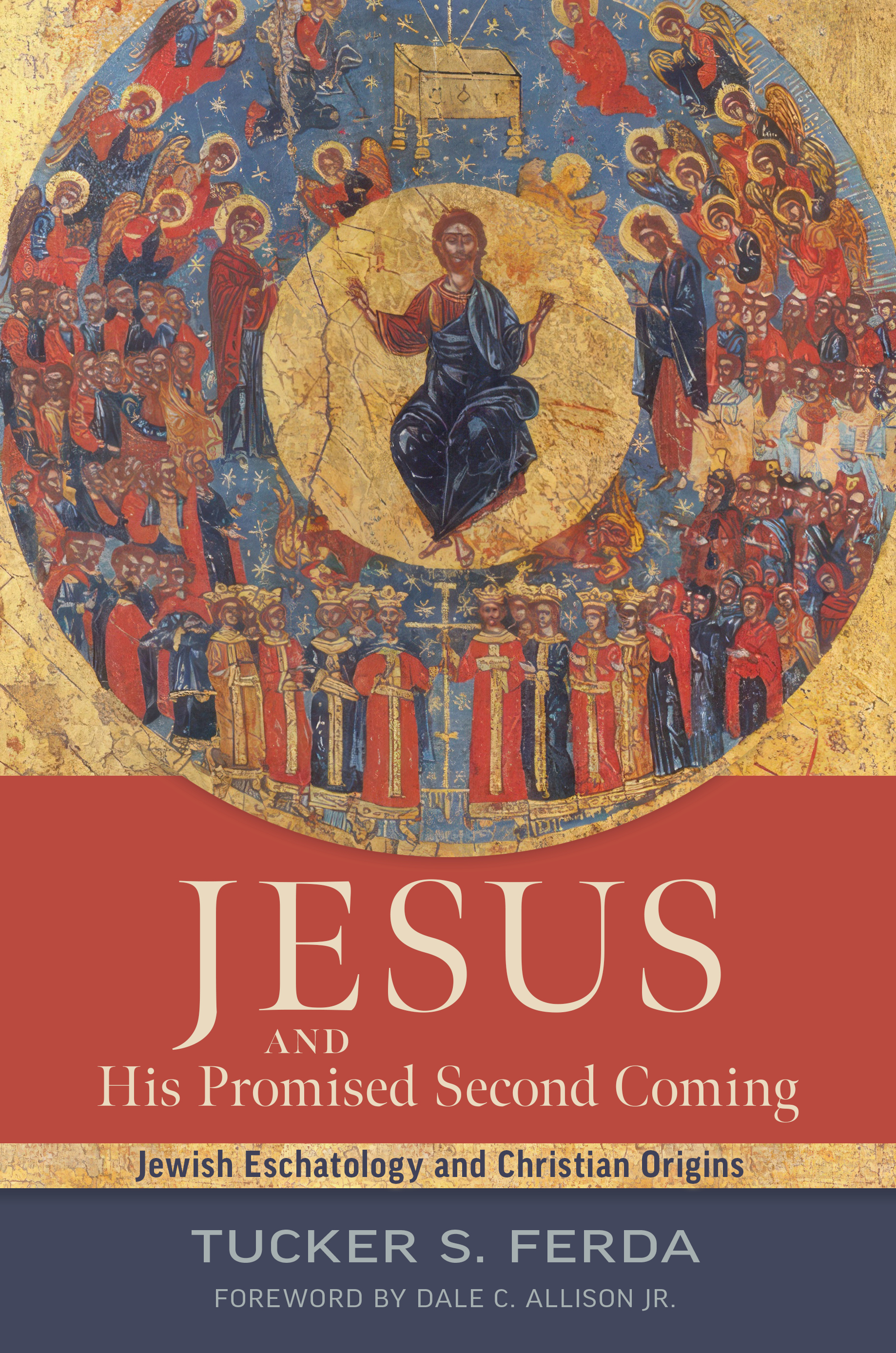
Jesus and His Promised Second Coming
Jewish Eschatology and Christian Origins
Author Tucker S. Ferda Foreword by Dale C. Allison ISBN 9780802879905 Binding Trade Paper Publisher WM B. Eerdmans Publishing Company Publication Date September 12, 2024 Size 152 x 229 mmMost historical Jesus scholars take for granted that Jesus’s second coming was invented by his zealous early followers. In Jesus and His Promised Second Coming, Tucker S. Ferda challenges this critical consensus. Using innovative methodology, Ferda works backward through reception history to Paul and the Gospels to argue that the hope for the second coming originated in Jesus’s own grappling with the prospect of death and his conviction that the kingdom was near; he expected a return that would coincide with the final judgment and the end of the age within the space of a generation.
Ferda also makes a major contribution to the reception history of the Bible, shedding light on how Christians distinguished their faith from Judaism by deriding “Jewish messianism” as earthly minded and militaristic. In the early modern period, critics found an expedient way to distance Jesus from this caricature of “Jewish messianism”: they pinned the expectation for the second coming on Jesus’s early followers. A new appreciation for the diversity of Judaism and messianism in the Second Temple period makes possible a fresh reconstruction of Jesus.
Bold and historically astute, Jesus and His Promised Second Coming breathes new life into a long-stagnant conversation. It also offers readers fresh insight into the history of Jewish-Christian relations. Students and scholars of the New Testament will need to read and engage with Ferda’s provocative argument.
—from the foreword by Dale C. Allison Jr.
“This work is sure to set the cat among the pigeons about a long-time consensus among students of the historical Jesus: Jesus did not expect his Second Coming; that expectation was, rather, an invention of the early church. Ferda argues to the contrary that an expectation of end-time return is in line with the rest of Jesus’s eschatology and that scholarly skepticism about it reflects post-Enlightenment prejudice rather than sound historical method. He makes his case well, both in analyzing scholars’ presuppositions and arguments and in mining ancient Jewish and Christian sources. Whether or not they end up agreeing, subsequent historians will not be able to ignore this challenging counter-thesis.”
—Joel Marcus, professor emeritus of New Testament and Christian origins, Duke Divinity School
“The New Testament and its early readers expected Jesus to return from heaven and attributed this expectation to Jesus himself. Historians of Jesus, however—even before the supposed eighteenth-century beginnings of Jesus historiography—are largely unable or unwilling to discuss this expectation as an aspect of Jesus’s self-understanding. Ferda charts an intrepid course through this tension that leads the way to understanding not just Christian origins and eschatology but also the man from Nazareth and his receptions. I needed to read this book.”
—Rafael Rodríguez, professor of New Testament, Johnson University
“Historical Jesus research is such a rat’s nest that only a few exceptional minds—one thinks, for instance, of E. P. Sanders, Paula Fredriksen, and Dale Allison—seem competent to pull it off. With this fascinating book, Tucker Ferda adds his name to this distinguished company. Ferda makes a powerful case that the idea of the second coming plausibly goes back to Jesus’s own meditatio mortis, and he challenges all comers to try to prove otherwise. A book not to be trifled with.”
—Matthew V. Novenson, Helen H. P. Manson Professor of New Testament, Princeton Theological Seminary
“In this fascinating book, Tucker Ferda tackles an old question in historical Jesus research from a fresh perspective. Contrary to common views, he relates the expectation of Jesus’s second coming not to later interpretation, but to Jesus himself. In a thorough and erudite study of the history of reception, Ferda shows that the dissociation of Jesus’s second coming from his own teaching derives from an anti-Jewish prejudice that goes back as far as the ancient Adversus Iudaeos tractates. This book challenges a consensus in Jesus scholarship with groundbreaking observations and arguments. It deserves a firm place in future discussions on the subject.”
—Jens Schröter, professor of New Testament and ancient Christian apocrypha, Humboldt University of Berlin
Table of Contents
Foreword by Dale C. Allison Jr.
Preface
List of Abbreviations
Part 1: Reading the Future of Jesus Backward: A Fresh Approach
1. Reception History and Expanding the Conversation
2. Two Seminal Contributions
3. Critique
4. Complexifying the Eschatological Jesus
Concluding Thoughts on Part 1
Part 2: The “Painful Thorn” of the Parousia: The Reception of the Second Coming in Biblical Studies
5. Charting Christian Eschatology over the Centuries
6. The “Painful Thorn” of the Parousia
7. Elitism and Anti-Judaism
Concluding Thoughts on Part 2
Part 3: Awake and at Work: Early Christian Eschatology and the Coming of Jesus
8. The Parousia in Paul’s Letters and Ministry
9. Jesus and the Future in Mark
10. The Return of the King in Matthew and Luke
11. Jesus and Eschatology in the Fourth Gospel
Concluding Thoughts on Part 3
Part 4: The Future Kingdom and Its Messiah: Death, Mission, and the End of the Age
12. Tendencies, Trajectories, and Tradition Histories
13. Messianic Exegesis, Imagination, and History
14. Death, Interim, Resurrection, and the Sitz im Leben Jesu
15. The Ambiguities of the “Coming” of the Son of Man
16. Two Scenarios and Das Leben Jesu Revisited
Concluding Thoughts on Part 4 and the Study
Bibliography
Indexes